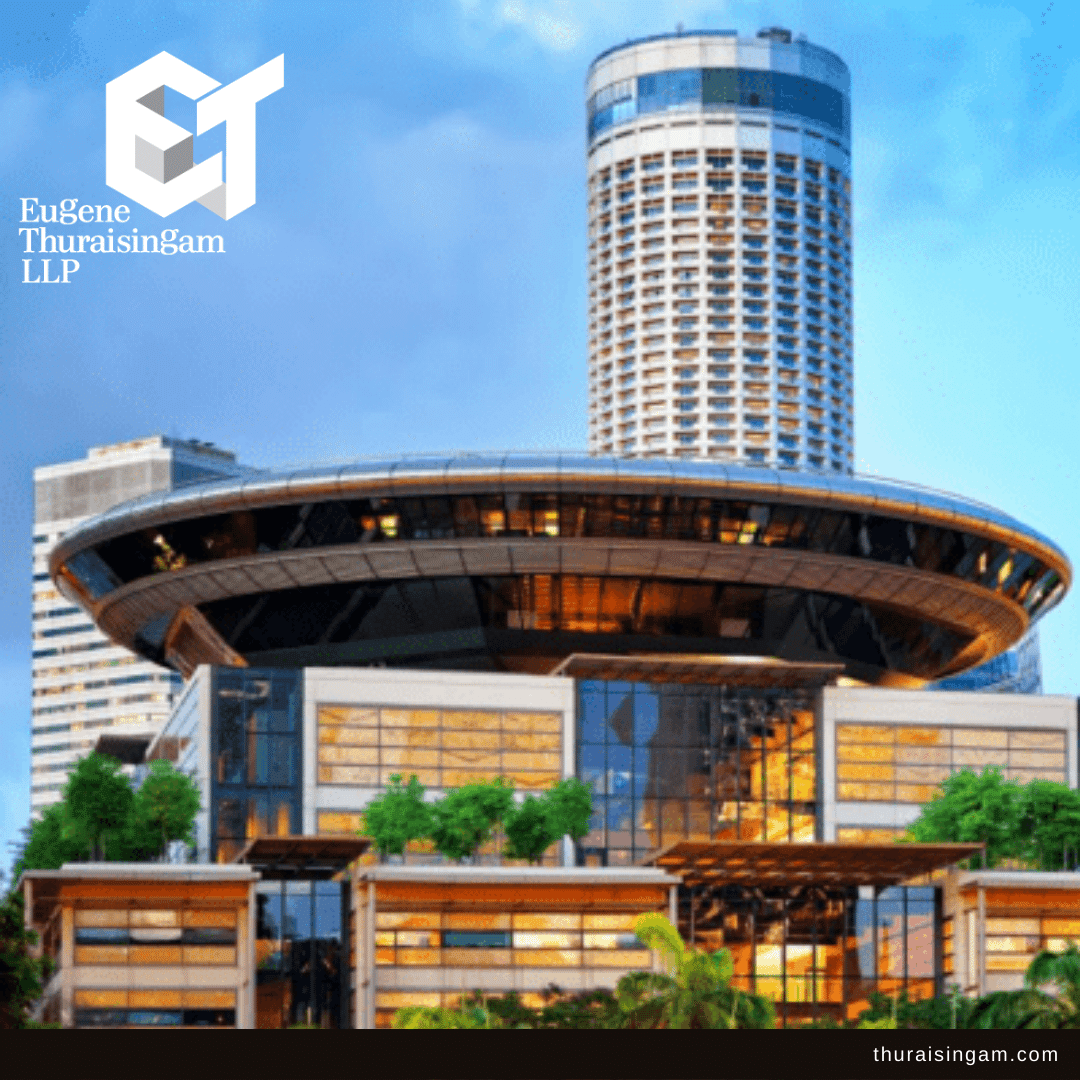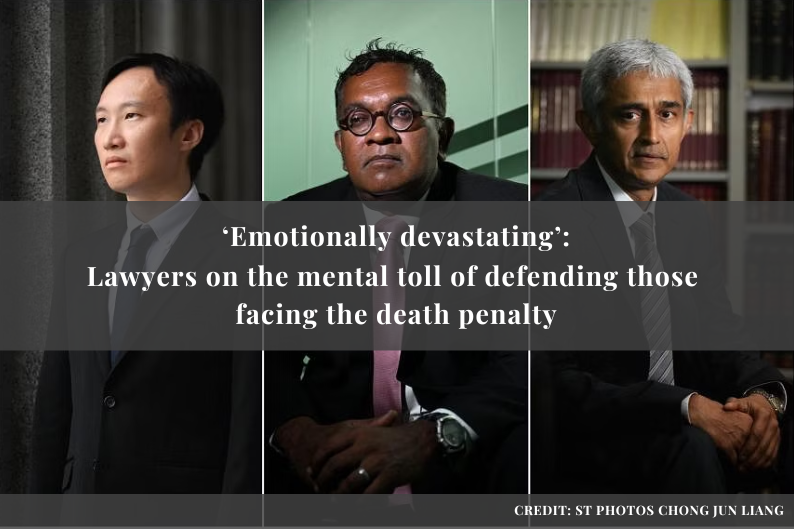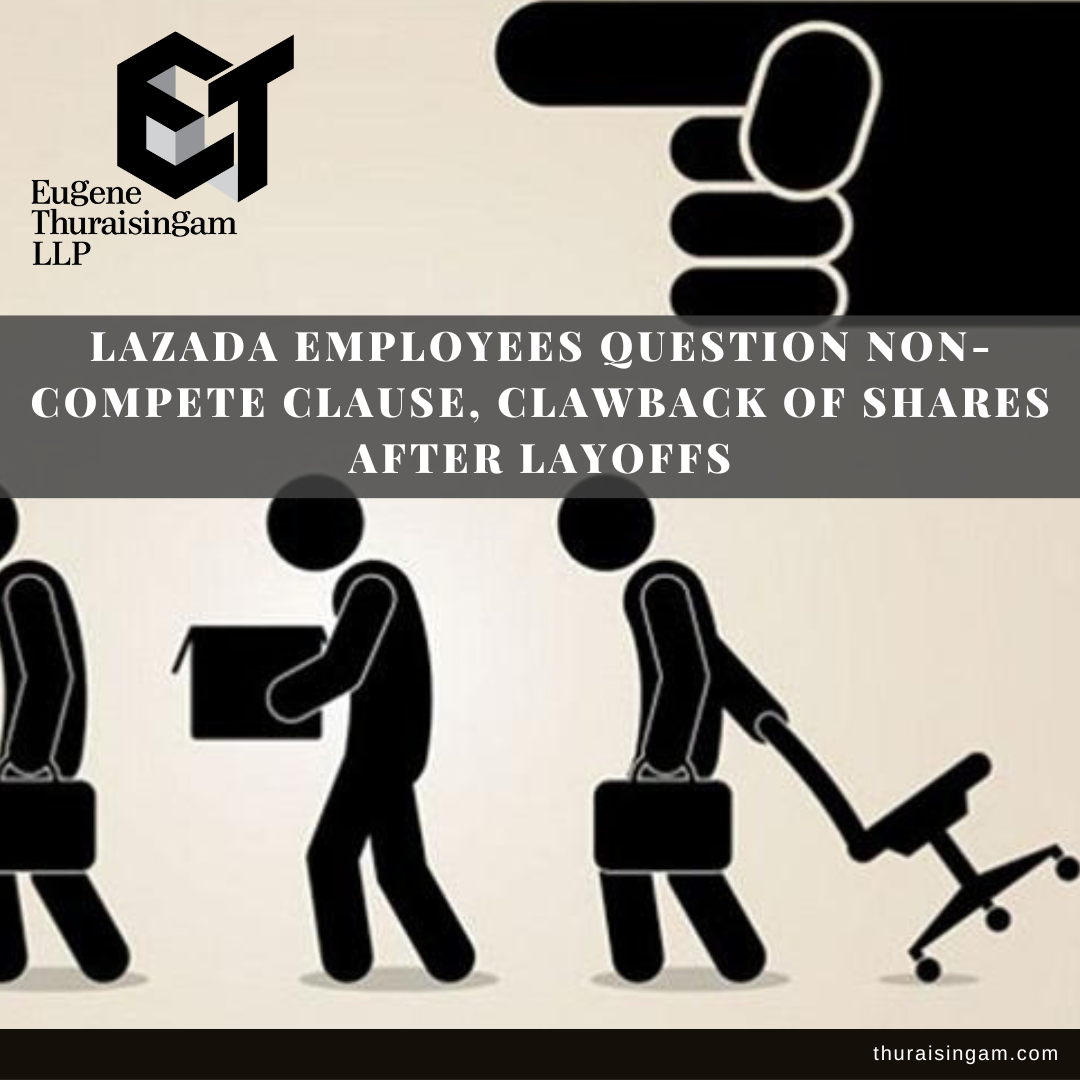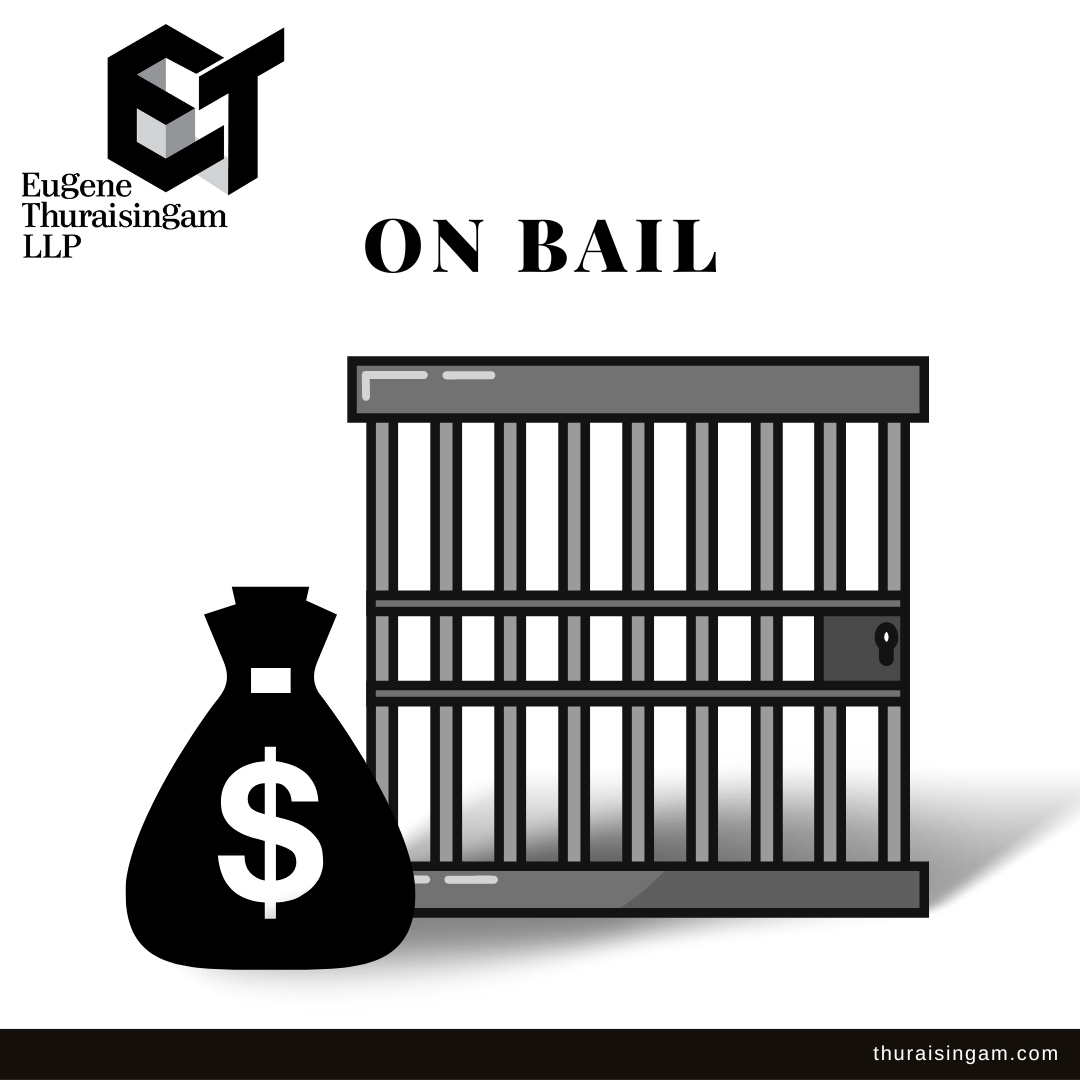Can legal proceedings continue without the attendance of the litigant?
Litigant’s Participation in the Legal Proceedings
1. Mr Li’s 2017 Facebook post
In 2017, Mr Li Shengwu published a private post on Facebook with a link to a 2010 New York Times editorial titled Censored in Singapore, and a description saying: “Keep in mind, of course, that the Singapore government is very litigious and has a pliant court system”.
2. Application filed in the High Court
When the Attorney-General’s Chambers (AGC) came to know of Mr Li’s post, he was requested to withdraw the statement and apologise. AGC further added that it was made clear to Mr Li that no proceedings would be brought against him if he were to comply to AGC’s request. Mr Li, however, did not withdraw his statement nor apologise. In a letter from the Senior State Counsel Francis Ng, Mr Li’s post was described as “egregious and baseless attack” on the Singapore legal system.
AGC subsequently filed an application in the Singapore High Court to initiate committal proceeding against Mr Li for contempt of court. Mr Li’s application to set aside the court order was first dismissed by the High Court in March 2018. Mr Li appealed against the decision. In April 2019, his appeal was dismissed.
On Wednesday, in another Facebook post, Mr Li announced that he ‘will not continue to participate’ in the ongoing proceedings against him.
3. Suang comments in CNA
Our Mr Suang Wijaya was approached by CNA for his comments on what it means for Mr Li not to participate in the proceedings, and the possible consequences of his choice not to participate.
[O]nly the Attorney-General will submit documents and attend court to argue the case.
Any litigant may refuse to participate in proceedings, for instance, by not submitting documents, not making any arguments, and not attending court hearings whether in person or with legal representation.
… [T]he court has the power to acquit him even without his participation.
The court is not entitled to issue a guilty verdict just because he had refused to participate in the proceedings.
The court must still consider whether, on the evidence and the arguments presented by the Attorney-General, Li’s 2017 Facebook post was in contempt.

